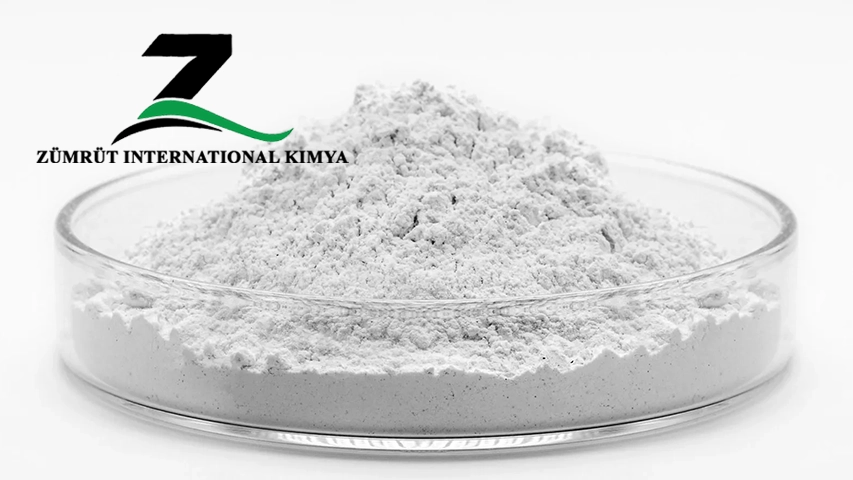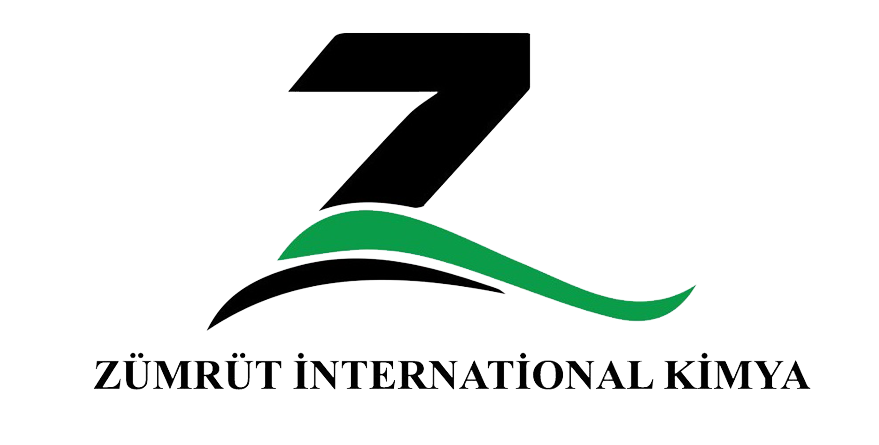Potassium Chloride Supplier from Turkey and Dubai-UAE

What Is Potassium Chloride?
Potassium chloride (KCl), also known as muriate of potash or potassium salt, is a colorless, odorless crystalline compound composed of potassium and chlorine. Recognized for its salty taste and high solubility in water, Potassium Chloride dissociates into potassium (K⁺) and chloride (Cl⁻) ions, making it a critical source of potassium in numerous industries. Naturally occurring in ancient seabeds and dried lake deposits, it is extracted from minerals like sylvite (KCl) and carnallite (KCl·MgCl₂·6H₂O), which are pivotal to global KCl production.
A Brief History of Potassium Chloride
Potassium Chloride’s history spans millennia, with early civilizations unknowingly using it as a salt lick for livestock and a soil enhancer. The Romans utilized potassium compounds like saltpeter (potassium nitrate) for gunpowder, highlighting potassium’s foundational role in chemistry. By 1861, Potassium Chloride gained commercial traction as a sterilizing agent. Its medical applications surged in the mid-20th century for treating potassium deficiencies. Today, KCl is indispensable in agriculture, healthcare, and industrial processes.
Key Properties of Potassium Chloride
Physical Properties
- Crystal Structure: Face-centered cubic (FCC) unit cells.
- Molar Mass: 74.5513 g/mol.
- Density: 1.984 g/cm³.
- Melting/Boiling Points: 1040 K (767°C) and 1690 K (1417°C).
- Solubility: 217.1 g/L (0°C), 253.9 g/L (20°C), and 360.5 g/L (100°C).
- Solubility in Alcohols: High; insoluble in ether.
Chemical Properties
- Fully ionizes in water, producing conductive solutions.
- Reduces to metallic potassium when heated with sodium (850°C):
KCl + Na → NaCl + K
Application and Uses
- Agriculture (Fertilizers)
KCI is the primary source of potassium in fertilizers, crucial for plant growth, disease resistance, and crop yield. It addresses potassium deficiencies linked to stunted growth and poor productivity. - Medical Uses
As a pharmaceutical-grade supplement, KCl treats hypokalemia (low potassium) via IV or oral administration. It supports nerve function, muscle contraction, and heart rhythm regulation. - Food Industry
Approved as additive E508, Potassium Chloride acts as a low-sodium salt substitute and anticaking agent, though its slightly bitter taste limits direct substitution for table salt. - Water Softening
Replaces sodium chloride in water softeners, reducing calcium/magnesium ions for sodium-conscious households. - Industrial Manufacturing
Enhances glass clarity and durability, aids in dye production, and serves as an electrolyte in scientific research.
Potassium Chloride Grades
Chemical Purity Grades
- Fertilizer Grade (60% K₂O): Bulk agricultural use; not for human consumption.
- Food Grade (>99% KCl): Meets strict safety standards for low-sodium foods.
- Pharmaceutical Grade: Ultra-pure for medical treatments.
- Technical Grade: Industrial applications like water softening.
Particle Size Grades (Fertilizers)
- Granular/Coarse: Ideal for mechanized spreading.
- Standard/Fine: Balanced handling and rapid nutrient release.
- Soluble: Dissolves quickly for irrigation systems.
Safety Tips for Handling Potassium Chloride
- PPE: Wear gloves and goggles to avoid skin/eye contact.
- Ventilation: Ensure proper airflow in workspaces.
- Storage: Keep in cool, dry areas away from children/pets.
- Emergency Care: Seek medical help for ingestion or severe reactions.
Packaging Options for Potassium Chloride
- PP Bags: 25–50 kg plastic/paper bags, palletized for shipping.
- FIBC Bags: Bulk transport (500–2,000 kg) in woven polypropylene.
- Drums/Barrels: Metal/plastic containers for specialized uses.
Conclusion
From nourishing crops to advancing medical treatments, Potassium Chloride (KCl) is a cornerstone of modern industry. Its adaptability across purity grades and applications underscores its global significance. By adhering to safety protocols and selecting the appropriate grade, industries harness KCl’s benefits efficiently. As demand for sustainable solutions grows, Potassium Chloride remains a vital resource in agriculture, healthcare, and beyond.
READ ABOUT POTASSIUM SILICATE

